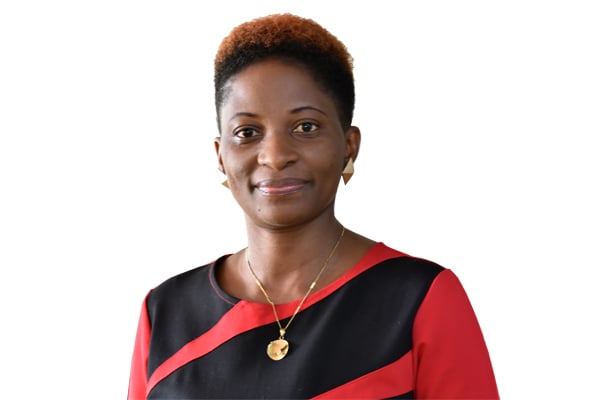Let’s take a firm stand on morality

Christians worship at Christian Life Church Kavule in Kampala in September 2020. PHOTO/AFP
What you need to know:
- Finally, many Bible readers will be familiar with Proverbs 14:34 which states “Righteousness exalts a nation, but sin is a reproach to any people.” Righteousness and hard work will lead to sustainable development.
The 1995 Constitution, the supreme law of Uganda, details a set of national objectives that should inform and guide policy formulation and practice.
Objective 24, which deals with cultural objectives, states, in part, “Cultural and customary values which are consistent with fundamental rights and freedoms, human dignity, democracy and with the Constitution may be developed and incorporated in all aspects of Ugandan life.”
It goes ahead to enjoin the state to ‘promote and preserve those cultural values and practices which enhance the dignity and well-being of Ugandans.’ That means the Constitution envisages a Ugandan society that is built on a solid rock of moral values that define us as a people, preserve our dignity and protect our cultural, religious, and social integrity.
World over, even the most advanced and prosperous societies recognise that moral values and standards are indispensable to human survival.
For this reason, they hold their leaders to high standards of integrity. A case in point; breaches in personal integrity attracted such fury and opposition against former British Prime Minister Boris Johnson that he finally threw in the towel and resigned.
An article by Andrew Rawnsley in The Guardian Newspaper on November 7, 2021, captured the feelings of many Brits at that time. It was entitled “Boris Johnsons Contempt for Integrity Is at the Rotten Heart of the Patterson Affair”.
In it, he states ‘This is a government that chafes against restraints on the abuse of its power, led by a man who has never grown out of his schoolboy habit of behaving as if the rules should never apply to him!’
Coming back home, we need to think critically about how we respond when our leaders flagrantly defy the very objectives and values laid out in our Constitution.
On the other hand, as a developing nation, we are often faced with another challenge: being forced to sacrifice our cherished cultural and religious values to please western donors. This dilemma came to the fore during the debate about the Anti-Homosexuality Bill. As we clock 60 as an independent republic, this is the time to take a firm stand and never compromise our values to please anybody.
Our relationship with development partners needs to be principled and grounded on mutual respect. Undoubtedly, we need resources to fund our development programmes and improve the standard of living of our citizens.
However, by God’s help, this can be done without compromising our identity, dignity, and values as a people.
If we allow our moral fiber to disintegrate, then corruption, robbery, murder, family breakdown, violence, teenage pregnancies, and all manner of social evils will destroy any gains we will have made in our development efforts.
Finally, many Bible readers will be familiar with Proverbs 14:34 which states “Righteousness exalts a nation, but sin is a reproach to any people.” Righteousness and hard work will lead to sustainable development.
Therefore, to begin with, let us, as Christian leaders, shine as examples of high moral integrity, then the younger generation will gain inspiration from us. Sometimes role models can be the missing link in any transformation process.
Nathan Kaija, Kisoro




